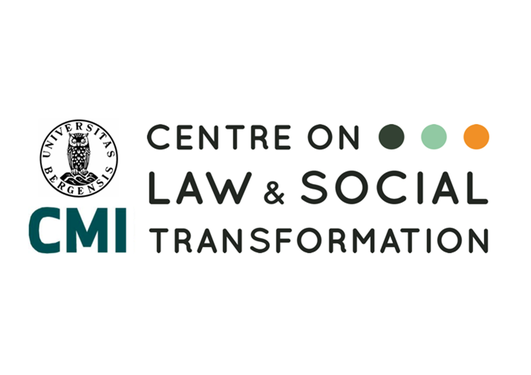Abolishing legal sex in Britain: A study in prefigurative law reform
In this seminar, Professor Davina Cooper will give a talk on the value of prefiguration as an academic method and the politics of abolishing legal sex in Britain.

Main content
Davina Cooper is a Research Professor in Law and Political Theory at King's College London. She is an interdisciplinary scholar, whose work focuses on concepts, transformative politics, state activism, and experimental communities.
Between 2018-22, she directed the ESRC funded research project on the Future of Legal Gender, which explored the implications and stakes of abolishing legal sex and gender status.
The seminar is co-organized by the Centre for Women's and Gender Research (SKOK) and Centre on Law and Social Transformation (LawTransform) and is open for everyone interested. After Professor Cooper's talk it will be possible to ask questions. Light refreshements will be served.
Abstract
The Controversial Politics of Abolishing Legal Sex in Britain: A study in Prefigurative Law Reform
Prefiguration has become a re-popularised political strategy of embodying in the present future-facing political goals. This talk explores its value as an academic method, where radical, future-oriented, legislative proposals are treated as if they were already worthy of serious consideration.
The focus of my exploration is the proposal to abolish legal sex and gender status in Britain – a legal move at the heart of a four-year research council funded project that ended in 2022.
In this talk, I explore the politics of abolishing legal status (described as decertification) – attending to its value and also to its risks as a highly controversial proposal in 21st century Britain.
I then consider how posing a radical legal reform, like this, can advance three progressive academic objectives: analysing what is, rehearsing change, and intervening in the present.
Exploring the abolition of legal sex status illuminates everyday attachments (and anxieties) towards sex and gender categories, alongside contemporary developments taking place in the shadow of state law; it provides a legal structure for imagining, rehearsing, and prototyping change; and by building a controversial legal reform, it acts within the political struggles currently taking place.


